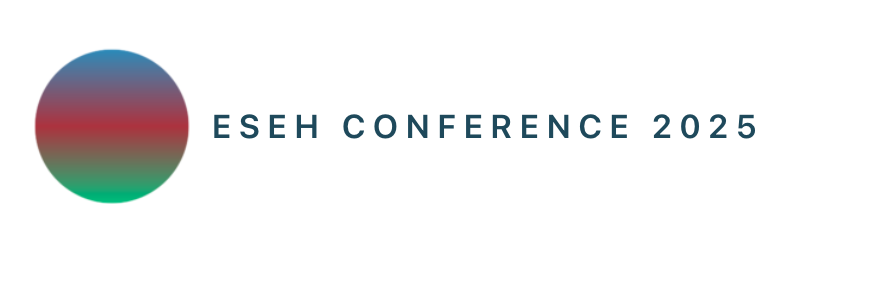ESEH 2025 Call for Collaborations
The KTH Environmental Humanities Laboratory is looking to organize a series of discussions for the 2025 meeting of the European Society for Environmental History around the theme of “Environmental History at Work.”

As climate change and other ecological crises make the relevance of our field to politics, policy and research outside of the humanities ever more apparent, there is a greater push for engagement with the general public, policy actors, and practitioners in more technical disciplines like urban planning, engineering or computer science. These incentives come externally, from funding agencies and research evaluation bodies. But there is also an internal imperative as we realize that the lessons from historical approaches might not be readily apparent to non-specialists, and as we look to develop forms of research that rest on true co-production of knowledge and collaboration with communities and nongovernmental organizations.
But the desire for engagement and interdisciplinary collaboration is usually not accompanied by additional training or significant institutional support. Most of us have degrees as critical scholars, and not in organizational management or community facilitation. Despite good intentions, too much of this work is ad hoc, improvised, or cobbled together. These discussions will look to reflect on these experiences, but also provide practical explorations of lessons, methodologies and best practices for scholarship and public engagement that works with constituencies outside of traditional history and humanities departments. We are looking for possible discussants and presenters for roundtables in the two following streams:
- Public and Community Engagement. These panel(s), organized in partnership with the Melting Metropolis Everyday Histories of Health and Heat in London, New York, and Paris since 1945, will explore how the theory and best practices of community engagement and public engagement (understood as separate but closely related practices) can lead to a reciprocal relationships of co-production. Where the stories, priorities, and interpretations of community and public engagement can direct research questions, while also recognizing community priorities.
- Interdisciplinary Research. When humanities researchers are invited to join projects with engineers, natural scientists and other folks from the STEM disciplines, it is often as an add-on or glorified “science communicator.” But what about projects where humanities questions and approaches are at the center, where historians can approach the engineers and natural scientists at “eye level”? How do we develop and structure these projects for equity of contribution and outcome?
For these roundtables we are aiming for discussions that focus on concrete experiences, reflections and “lessons learned.” But we also know that the most innovative work and transformative collaboration can occur with projects that don’t have significant funding or major institutional support. Thus we welcome proposals from researchers from a range of experiences and career stages.
If interested, please contact Rob Gioielli, Director of the KTH Environmental Humanities Laboratory, as soon as possible: gioielli@kth.se . Please include a short description (one paragraph) of your proposed project or intervention.
The conference submission deadline is Oct. 31, so we will be moving quickly to form these roundtables.
The 13th European Society for Environmental History Conference will be held August 18th – 22nd, 2025 in Uppsala, Sweden.